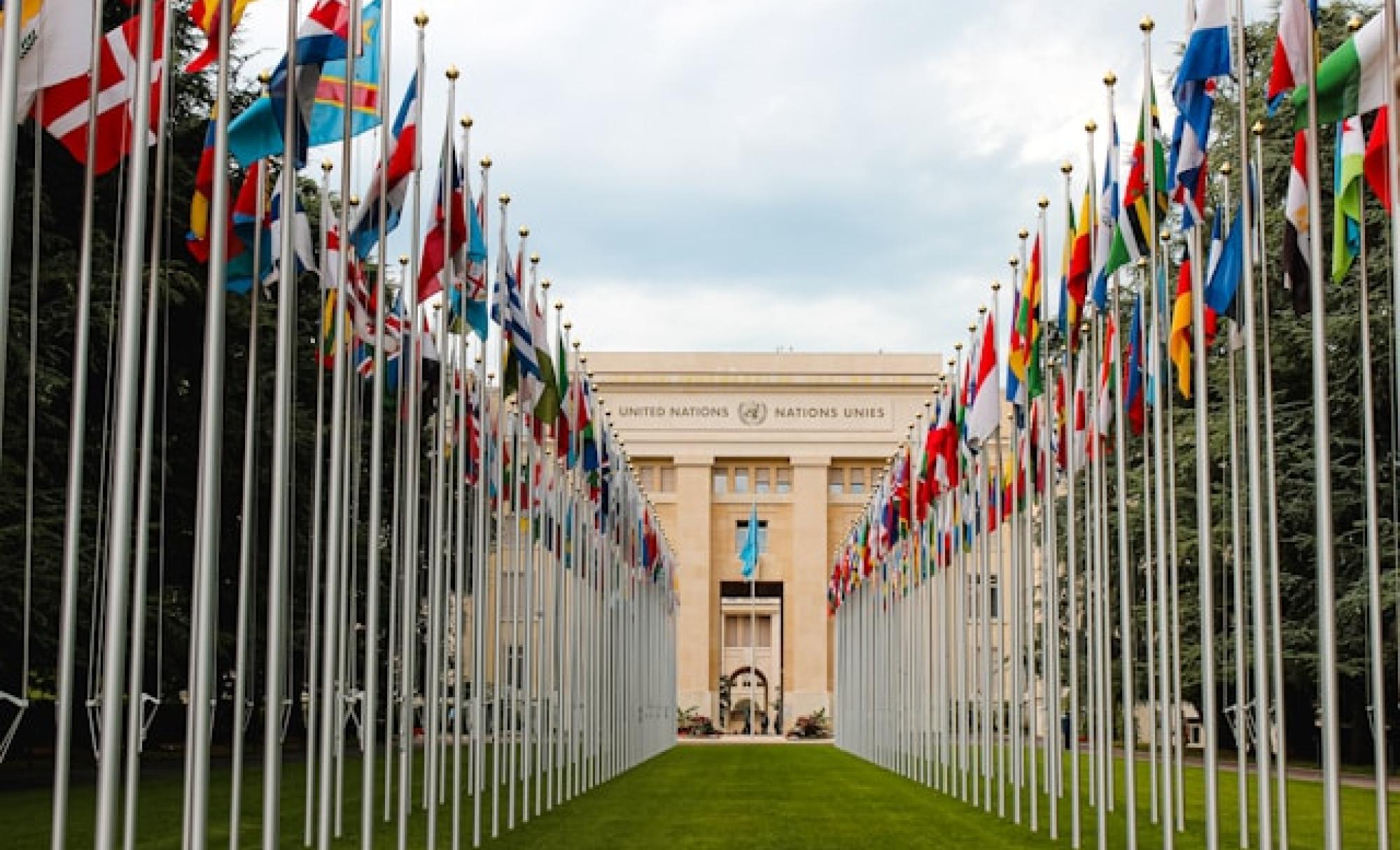
Today on International Women's Day, a new report on strengthening democracy by reducing threats to women in politics around the world is published, authored by Hannah Phillips, Agostina Bergia and Rosario Grimà, research associates at the Blavatnik School of Government. The report includes recommendations for action, including for social media companies to re-prioritise content moderation.
Representative democracy is under threat from growing violence against politically active women. We are in danger of creating a cycle where threats suffered by women discourage other women from participating in politics. Burgeoning research shows that online violence – from image-based abuse to rape threats – is a daily reality for women politicians on different levels of government across the world:
- 73% of women MPs said they 'do not use social media to speak on certain issues because of the abusive environment online', compared to 51% of men (Fawcett Society)
- UK women are 50% less comfortable than men participating politically online (Enock et al., 2024, Alan Turing Institute).
- In the first comparative global survey of violence against women parliamentarians, the Inter-Parliamentary Union found that 82% of MPs around the world had experienced psychological violence (e.g. sexist remarks, threats or harassment). In terms of sexual harassment specifically, 25% of women surveyed in Europe have specifically experienced sexual harassment during their time as a MP, rising to 40% of women MPs in Africa.
Professor Ngaire Woods, founding Dean of Oxford University’s Blavatnik School of Government, said:
“On International Women’s Day, while we celebrate and shine a light on the seismic achievements of women around the world, we must also look carefully at where these are threatened. One urgent area for concern, in a year of so many elections, is the rising intensity and violence of threats being faced by women political leaders. These can and must be reduced through legislation, active policing and prosecution, and a full-hearted effort by social media companies who instead have deprioritised policies like content moderation which keep harassment in check. In a year of elections, we must protect women’s freedom to run and represent, or we will risk a backsliding of democracy.”
The next stages of the project include case studies on countries that have implemented specific laws to address violence against women in politics; tracking changes in social media companies’ policies; and comparing the policies of political parties.
This project is generously funded by the Alfred Landecker Foundation and Hate Aid.



